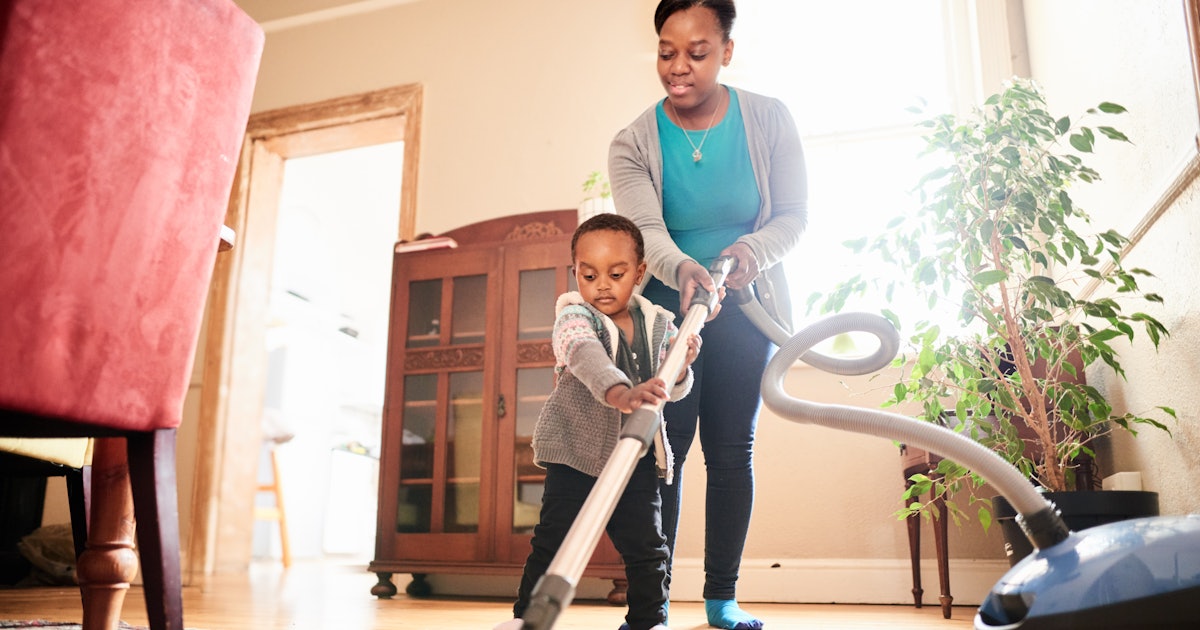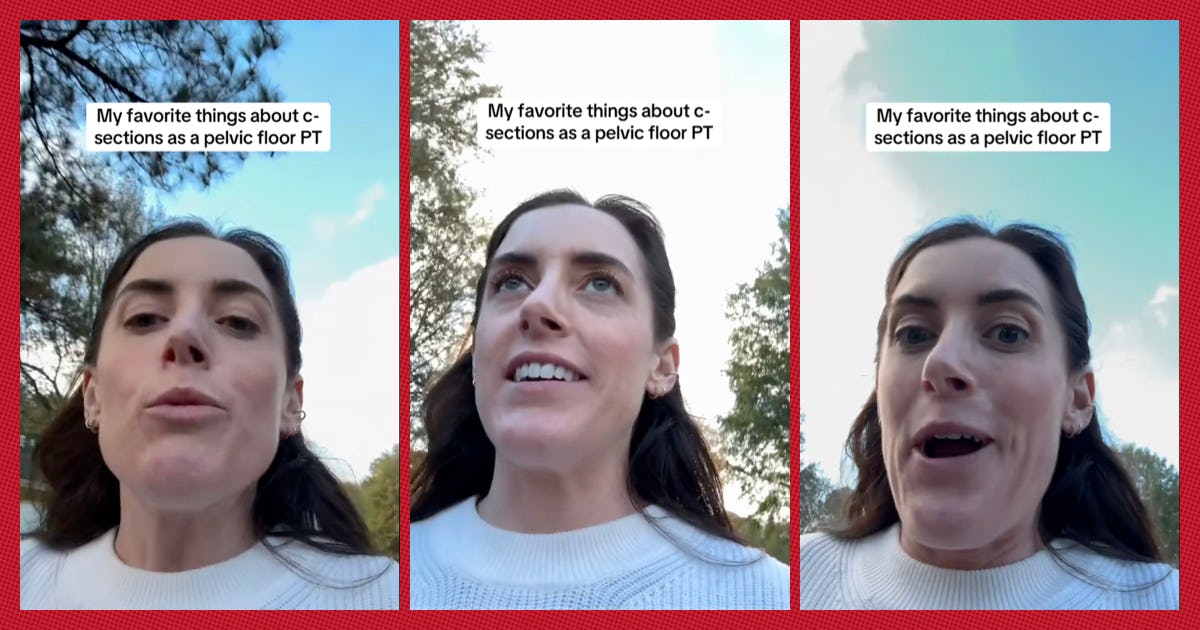Your child has had a runny nose for two weeks and now has a persistent cough. Your eyes always feel itchy and your throat hurts every morning. Allergy season is here in the United States. Each September, an increase in allergens and other asthma triggers causes more asthma attacks, leading to more emergency room visits and hospitalizations than any other month of the year. In fact, the third week of September is known as peak week, and most asthma-related incidents occur during this week. Whether you or your child suffers from asthma or you’re just tired of dealing with seasonal allergies, there are many things you can do to reduce irritants and allergens in your home. Here’s how to turn it into a safe haven rather than a hotspot, experts say.
Peak asthma and allergy season in September
High enough allergens can affect us all. People with asthma have severe reactions to allergens that cause their airways to constrict, which is just as dangerous and scary as it sounds. September, especially the third week of the month, is home to more allergens and irritants than any other time of the year, according to the Asthma and Allergy Foundation of America (AAFA). These include:
- High pollen counts, especially from ragweed
- Mold increases as leaves and outdoor materials begin to fall and rot
- wildfire and smoke
- Extreme weather, such as heat and humidity from late summer thunderstorms, can trigger asthma
- Prevalent respiratory infections in schools, such as colds, flu, respiratory syncytial virus, and COVID-19
If you want to know which allergens are present in higher levels, visit the American Academy of Allergy, Asthma & Immunology’s National Allergy Bureau map. The name is a mouthful, but it’s an interactive map of the United States where you can check allergen levels tallied by stations near you, detailing how low or high pollen levels are on trees, grass, and weeds.
How to make your house allergy-free
Whether someone in your family suffers from asthma or you’re simply looking to relieve seasonal allergies, there are things you can do to prevent irritants from entering your home. The Environmental Protection Agency (EPA) recommends reducing exposure to allergens—for example, making sure no outside air leaks into your home around doors and windows—and using an air filter if you feel the effects of allergens or irritants.
The AAFA supports this and says to prevent pollen from entering your home, you should:
- Please take off your shoes before entering
- Change into clean clothes before lying on furniture or bed
- wash your hair every night
- Wipe your pet’s fur and paws after going outside
- During peak pollen periods, use certified asthma- and allergy-friendly filters in your HVAC system and change them more frequently
If you want to clean your home of pollen that may currently be present, AAFA recommends dampening a soft cloth with polish or water and wiping down all surfaces. This traps allergens on the fabric rather than letting them float into the air. Launder washable sheets and vacuum those that cannot. If you’re already experiencing sneezing and a runny nose, wear a mask while cleaning and leave the house for a few hours after cleaning until residual dust and irritants clear up again, AAFA says.
Families with asthma may need to eliminate additional irritants in the house, including indoor plants and even pets. AAFA has an interactive chart of the house where you can hover over each room to see a list of steps you can take to reduce dander, dust mites, mold, and more throughout your home. Hang in there, parents — may you have enough antihistamines to get you through this allergy season and enough delicious soups to soothe everyone’s tired bodies.




